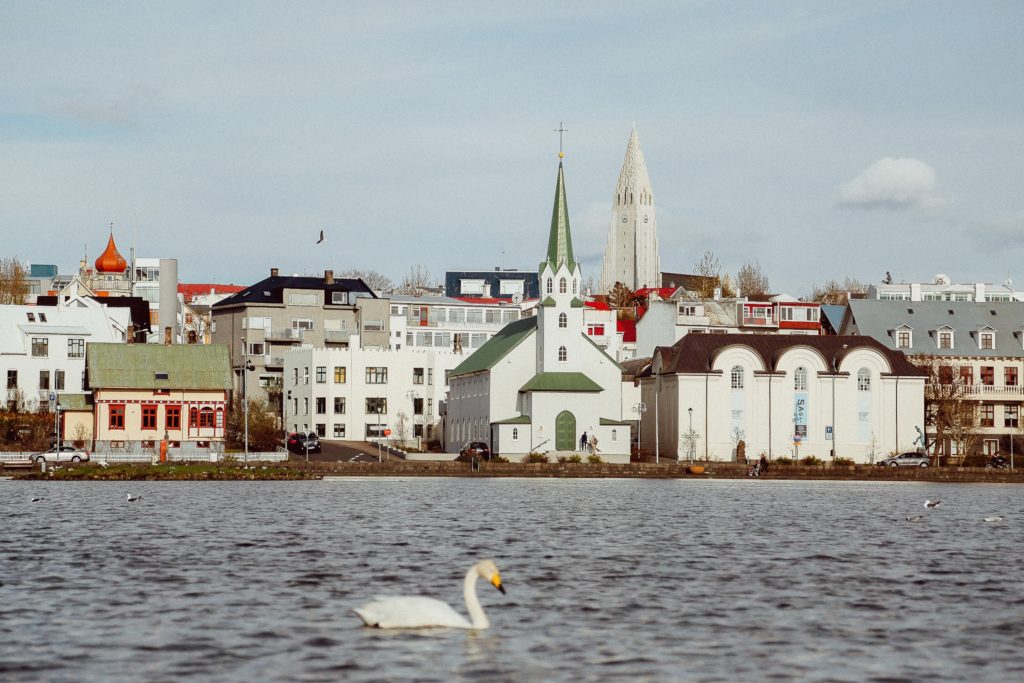If you believed that Iceland was currently experiencing a moment, you wouldn’t be mistaken. This small country in the North Atlantic has been steadily establishing itself on the international stage during the past several years.
Icelanders have evolved into the Viking-clapping underdog World Cup heroes. Instagram posts from friends who sneakily went to Reykjavik for the weekend have made us all envious. Recently, a new volcano was disclosed to the world, and this time it didn’t disrupt air travel for several months.
There is no denying that Iceland is in a cheery mood. In addition to its attractiveness as a place to live and vacation, the local economy is thriving and open to new business ventures.

Why you should invest in Iceland
Iceland strikes the ideal balance for investors, combining low corporate taxes with significant R&D incentives. It is a country located at the tectonic juncture of the Eurasian and North American plates that has grown into a major transatlantic business center.
The flight from the east coast of America to Iceland only takes five hours. It is strategically located for market entry into the global arena because it is only three hours from Paris, Frankfurt, London, and the capitals of the other Nordic countries.
The Icelandic economy is currently booming, and the government has improved business formation regulations in recent years, making it an exciting time to invest. Because Icelandic companies tend to think globally, local investors are used to collaborating with foreign investors, which can strengthen ties and reduce risk.
When people think of Iceland and finance, they may immediately recall the Global Financial Crisis (GFC) of 2007-2008. After all, the nation’s devastation forced the government to make the difficult decision to allow the banks to fail.
You might be surprised to learn that this experience resulted in something truly exceptional. The country’s banking system must essentially be rebuilt from scratch. This allowed Iceland to strengthen and improve its economic and financial systems in ways that few other countries could.
Iceland’s economy takes pride in aspiring to be a world leader in a wide range of fields, including genetics, fintech, food science, renewable energy, and many others.
An overview of Iceland’s international treaties and collaborations
At its core, Iceland is a trading country. Since the first inhabitants landed more than a thousand years ago, Icelanders have relied on trade with other countries. Due to trade, the small island nation could have developed into one of the richest countries in the world.
Iceland has trade agreements with over 70 countries. To put that in context, Iceland has trade agreements with countries that account for 37% of the world’s population.
By far, Iceland’s biggest trading partner is the United States. For many years, Iceland and America have been strong allies. In 1944, the United States was the first nation to formally recognize Iceland’s independence from Denmark.
Through the EEA agreement, Iceland is also a part of the market of the European Union. This particular treaty grants a few nations that aren’t EU members some of the freedoms and freedom of movement enjoyed by EU member states. It simply means that you can consider the EU, in addition to Iceland, Norway, and Liechtenstein, as a single economic region.
It indicates that there is an unrestricted movement of people, capital, products, and services throughout a market with more than 500 million consumers.
The main exceptions to the norm that the border between Iceland and the EU is generally insignificant for economic purposes are the trade of fish and agricultural products. Other than those two exceptions, the general rule holds.







